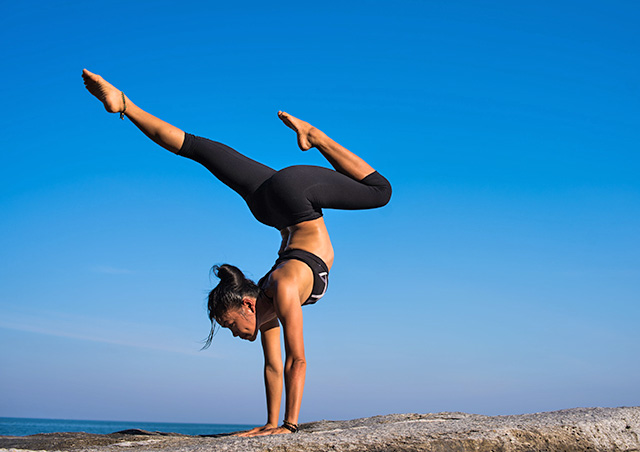Sporting activities in college help students to exploit their talents beyond academic prowess. It is also a chance to exercise, helping to relieve physical, mental, and emotional pressure to facilitate effective learning. College sports also present the foundation for a lucrative career in professional leagues. However, all these aspirations can only be achieved if you stay healthy.
 it is difficult balancing study and sports
it is difficult balancing study and sports Most sports involve moving around, physical contact, and the use of sporting equipment. If you are not physically fit, you will be exposed to injuries that cut short your sporting career. Here are expert tips on how to balance athletics with physical health to ensure a fulfilling and successful career.
Maintain Good Mental Health
Every action on the field is directed by your mind. A moment of lost concentration out of fatigue will result in injuries and a short sporting career. Take care of your mental health by eating well, avoiding stress, and getting enough sleep. Get your paper written online at https://paperwritten.com/ to reduce study hours and rest before every game.
A healthy social life will also contribute to good mental stability. Make friends whom you can engage with regularly to offload your emotional and social burdens. By sharing the challenges, you are facing in life, you avoid excessive thoughts that would result in injuries while on the pitch.
Choose The Appropriate Sport
All sports are open to college students regardless of their age, course, nationality, and social class, among other aspects. However, the decision to play a game must consider your ability. Some contact sports like football, soccer, and rugby require physical muscle. If you are of a small stature, you will be bullied out of the game through injuries.
Appropriateness also depends on your mastery of the game. At the college level, there are few novices who can survive. If you have not played the game in the past, you are likely to be injured on the pitch. Choose a game appropriate for your age, physique, and skill level. It will protect your body frame from injuries. In case you are sick or have a disability, avoid sports that do not favor your condition.
Invest in Proper Gear
Each sport has appropriate gear to protect you from injuries. The gear ranges from shoes to helmets, knee and elbow pads, and man guards, among others. The appropriate gear will help you to play effectively on the field.
The absence of appropriate gear exposes you to injuries. For instance, American Football players are required to use helmets, protect their teeth, and use pads on their legs. If this gear is missing, they will be exposed to injuries. Pick the gear from the sporting department while ensuring it is the right size. Without appropriate gear, no student should enter the playing field.
Listen to Your Coach
Coaches guide players on how to achieve the best results on the field. They ensure that you warm up, are mentally ready for the game, and take the appropriate actions on the field. Wrong positioning or poor preparation will expose you to injuries. It will take away the joy of participating in sports.
In case of an injury, it is the teacher, coach, and doctor who should direct you on how to prepare and participate. Without the approval of a coach, you are not supposed to get to the pitch.
Master The Warm-up
The warmup is one of the most important elements of preparing for a game. It helps your muscles to relax as well as handle the strain of a game that may extend for hours. Poor warm-up will result in muscle injuries that can also reduce your potential.
Each game has a warmup routine that guides your preparations. The routine will depend on the most active parts of the body during play. Do not ignore any of the areas to avoid injuries.
Protect Yourself
Your ability to play the game will depend on how well you take care during the game. Some players could be rough, exposing you to injuries. In other cases, your health blocks you from playing up to a particular extent. Do not push the body beyond where it is healthy. Avoid tackles that could compromise your physical health.
Eat Well
Good physical health depends on your diet. Eat the right food combination based on energy requirements during a game. Energy-demanding games like rugby and football require you to build a heavy body. Athletes require an energetic yet lean body. Drink enough water to keep your muscles and joints supple enough to avoid injuries. A good diet is also important for your mental health.
Good sporting health is a combination of mental, social, and physical health. Get homework help to avoid burnout that affects your performance on the pitch. Listen to your coach and use appropriate sporting gear to protect you from injuries. Eat well and treat injuries to enable you to achieve your full sporting potential.
Related Pages
- Staying Healthy
- Study skills and resources for students
- Exercise and Health
- Nutrition for Weight Loss
- Complete List of Sports


 Upcoming Events
Upcoming Events